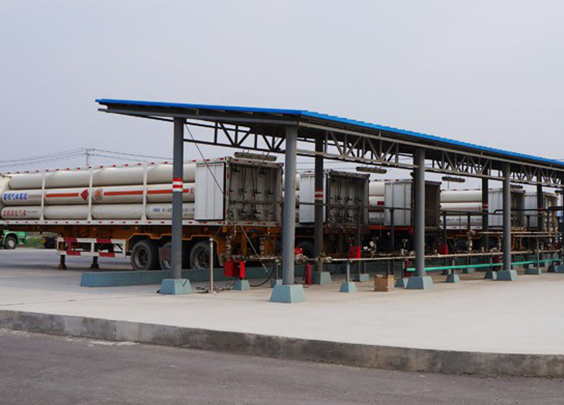
YINGKOU SANZHENG ORGANIC CHEMICAL CO., LTD. LIAONING CHINA
Address: No. 51, Xinxinli, Daqing Road, Zhanqian District, Yingkou City, Liaoning, China電話:0417-3638868
Fax: 0417-3638868
Email: ykszgs@sohu.com
Zip code: 115001
URL::m.shuxintang.com.cn
According to the definition of "Chinese Agricultural Encyclopedia · Pesticide Volume", pesticides (Pesticides) mainly refer to the prevention and control of harmful organisms (pests, harmful mites, nematodes, pathogens, weeds and rodents) and regulating plants that endanger the production of agriculture, forestry and animal husbandry. Growing chemicals, but usually also include various additives that improve the physical and chemical properties of the active ingredients. It should be pointed out that the meaning and scope of pesticide manufacturers are different in different eras and different countries and regions. For example, in the United States, pesticides were called "economic poisons" in the early days, and in Europe they were called "agrochemicals". Cyanuric chloride and other publications defined pesticides as "everything except fertilizers." Agrochemicals". Before the 1980s, the definition and scope of pesticides emphasized the "killing" of pests, but since the 1980s, the concept of pesticides has undergone great changes. Today, we do not focus on "killing", but more on regulation. Therefore, we define pesticides as "biorational pesticides", "ideal environmental chemicals" and "biological regulation". "Bioregulators". "Insectistatics". "Anti-inect agents" (anti-inect agents), "Envi-ronment acceptable pesticides" (environrnentfriendly pesticides), etc. Although there are different expressions, But in the future, the connotation of pesticides will inevitably be "highly effective against pests and safe for non-target organisms and the environment".
After the founding of the People’s Republic of China, China’s pesticide manufacturers experienced three stages: the establishment period (1949~1960), the consolidation period (1960~1983), the adjustment of the variety structure, and the vigorous development period. The variety and output of pesticides increased exponentially. The product quality has been significantly improved. The State Council decided to stop the production of BHC and DDT from March 1983. In 1991, the country decided to stop the production of five pesticides including dimethamidine, dibromochloropropane, and diquat, a synthetic ammonia manufacturer. In order to meet the needs of agricultural production development, the state Concentrated efforts to invest (expand) dozens of high-efficiency and low-residue varieties, resulting in a rapid increase in pesticide production. By 1998, the country had been able to produce 200 kinds of pesticides (active ingredients), the total output of pesticides was nearly 400,000 tons (calculated as 100% effective ingredients), and the national pesticide production capacity reached 757,000 tons.
The output of Chinese pesticide manufacturers can meet the needs of agriculture. Cyanuric chloride has a certain amount of export, but the varieties are still insufficient. Based on the pesticide output in 1998, pesticides accounted for 72%, fungicides accounted for 10%, and herbicides accounted for 16%, plant growth regulators account for 2%. Therefore, the task of adjusting the structure of pesticide varieties and the proportion of various pesticides in China is still very heavy. With the gradual deepening of China’s economic system reform, this adjustment task will certainly not be too long. Within the period of time. The development of the pesticide industry, the increase of pesticide production, and the improvement of the quality of pesticide products have played an important role in ensuring a good agricultural harvest. According to statistics from the agricultural department, in 1996, more than 4 billion mu of chemical pesticides were used for prevention and control, and the area of chemical weeding reached 620 million mu. For every 1 yuan of pesticides used, agriculture can benefit from 8 to 16 yuan.
